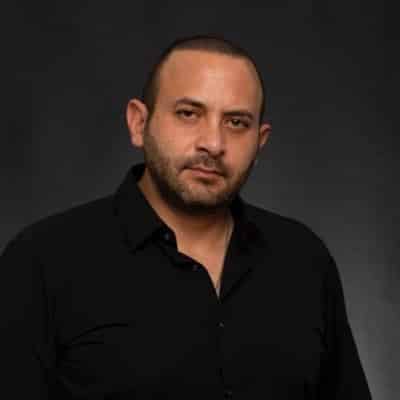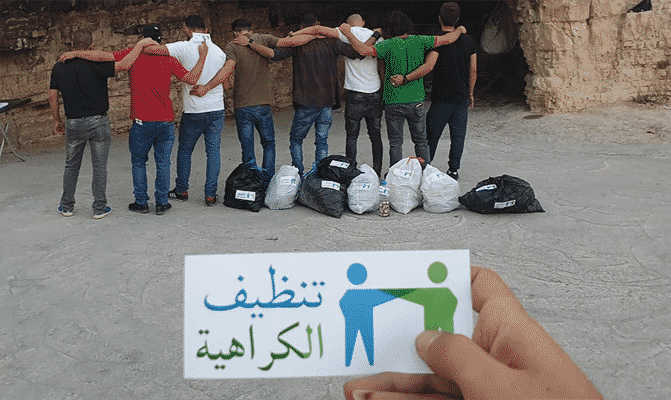On the eastern bank of the Kidron Valley, opposite the City of David, is the Arab town of Silwan. The pastoral setting feeds the ignorant with a Palestinian antiquity. Scenes such as this are what the media often zoom in on to ‘prove’ the longevity of the Arabs as the indigenous people of the land. But Silwan is barely one hundred years old, which in the real estate of the Middle East is only the blink of an eye.
Jews living in Silwan predated the Arabs who live there today. Jewish settlement began in the late 19th century. Yemenite Jews from the Arabian Peninsula interpreted sweeping changes in the world as a sign of redemption. Expecting the Messiah, many made their way to what was the barren ‘Ottoman Palestine’ to settle on the banks of the Kidron. They set up their homes in empty tombs that once belonged to the kings of Israel. Over time, the small Yemenite community grew and just years before the state of Israel was born, it even had its own president in Moses Kehati.

Moses’ youngest grandson is Inon Kehati. Inon, who is following in his grandfather’s Zionist footsteps, is the founder of ‘The Home,’ “the only Israeli Palestinian peace movement that opposes the two-state solution and supports the restoration of the Israeli sovereignty to Judea and Samaria.” The project also opposes the intervention of foreigners. It is Kehati’s belief, that Jews and Arabs stand more chance of working things out between themselves, if foreign agencies refrained from intervening and inflaming the conflict with pathos. Israeli-American social media icon Rudi Rochman has enthusiastically jumped on board, and the initiative has even caught the attention of the world-renowned Islamic scholar, Professor Mordechai Kedar.
Although he has a BA in Governance and History of the Middle East, Kehati has gained his most practical knowledge from his countless one-on-one coffee encounters with those who live in the heart of the conflict. For the last six years, he has enabled thousands of Jews and Arabs to meet each other face to face. True peace, he believes, can only be achieved by establishing relationship, and it is the settler Zionist Jews, those who have a deep commitment to the entire Land of Israel who should get to know the Arabs who live in Judea and Samaria.
Inon is a man driven by a double-sided passion. Although he is convinced that the only workable solution is the establishment of Israeli sovereignty over all the disputed territories, he also believes he has the solution for both sides to live in peace.
Dialoguing with the Arabs, he persuades them that Israel is the ancestral homeland of the Jewish people. Over endless cups of coffee, he also wins them over to the idea that the Arabs are the Biblical ‘stranger,’ a term that invokes a Torah-based Jewish responsibility to ensure those not of the tribe have a right to live in peace. It’s a big goal, demonstrated by the shared Arabic and Hebrew name for his organization. But although it’s a big goal, it has a step by step strategy.

Since 2015, Kehati has been working on a project called “cleaning the hate.” This initiative sees Jews and Arabs meet in Arab towns with trash bags in hand to clean up the streets. The movement has gathered momentum. Numbers have increased and many towns are looking a lot cleaner. After the hard work on the streets, the tired and grubby sit down for yet another cup of coffee and chat about a workable future.
With relationships formed, the next step for Kehati was to obtain permits for the Arabs to visit Jewish homes. Contrary to the slurs that Israel is an apartheid state, Kehati obtained the permits for Arabs to meet Jews in their homes, a reciprocal privilege denied to Jews by the Palestinian Authority.
With such a warm reception from their neighbors, it was not long before the Arabs dare to speak behind closed doors about what they are afraid to say in public. Not even the optimist Kehati would have imagined that Arabs residents of Judea and Samaria are telling their Jewish neighbors about the brutality of their own authority. And if that wasn’t enough, he probably would never have dreamed that they would want Israeli sovereignty for them to live in peace and security in the ancestral homeland of the Jewish people.
First published here



